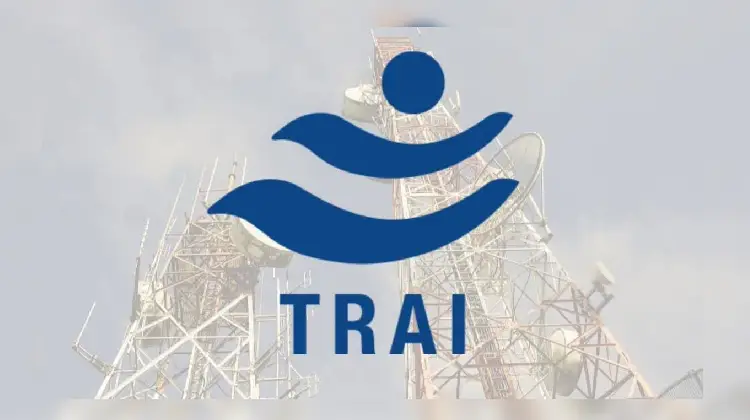The Telecom Regulatory Authority of India (TRAI) has recently unveiled its comprehensive recommendations on the ‘Framework for Service Authorisations for the Provision of Broadcasting Services,’ marking a significant shift in India’s broadcasting landscape. This framework, aligned with the Telecommunications Act of 2023, aims to simplify and modernize the authorisation process for various broadcasting services, including Direct-to-Home (DTH), radio, and internet protocol television (IPTV).
One of the most notable recommendations includes a substantial reduction in DTH authorisation fees from the current rates to just 3% of adjusted gross revenue (AGR), with plans to phase this fee out entirely by the end of FY27. This move is expected to alleviate financial burdens on service providers and encourage greater participation in the broadcasting sector.
The TRAI has also suggested a separate consultation process to explore whether over-the-top (OTT) platforms should be included under the new authorisation framework. Stakeholders have emphasized that including OTT services is crucial for maintaining parity across different broadcasting mediums. This consideration reflects the growing significance of digital content delivery in today’s media landscape
For radio services, TRAI has proposed standardising authorisation fees at 4% of AGR across all cities, with a reduced rate of 2% applicable for specific regions like the North East and Jammu & Kashmir during the initial three years. Additionally, radio operators will now be able to stream their content online concurrently with terrestrial broadcasts, enhancing accessibility for listeners.
The recommendations also advocate for a streamlined authorisation process, suggesting that existing licensees can voluntarily transition to the new framework without incurring processing fees. The validity period for these new authorisations will extend from 10 years to 20 years, providing greater stability for service providers.
To foster competition and consumer choice, TRAI has recommended that television distribution platforms adopt interoperable set-top boxes (STBs). This will allow consumers to switch service providers without needing new equipment, thereby reducing electronic waste. Furthermore, voluntary infrastructure sharing among broadcasting service providers is encouraged wherever feasible.
The TRAI’s recommendations are based on extensive stakeholder consultations, which included contributions from 48 stakeholders and an open house discussion attended by over 250 participants. This collaborative approach ensured that diverse perspectives were considered in shaping the new framework.
The TRAI’s recommendations represent a significant step towards modernising India’s broadcasting services, aiming to enhance ease of doing business while fostering growth in the sector. As these changes are implemented, industry stakeholders will be closely monitoring their impact on competition and consumer choice.
Key Highlights:
- TRAI has proposed significant reductions in DTH authorisation fees and standardised rates for c.
- The inclusion of OTT platforms in the authorisation framework is under consideration.
- A streamlined authorisation process will allow existing licensees to transition without fees.
- Recommendations include interoperability for set-top boxes and voluntary infrastructure sharing among service providers.

